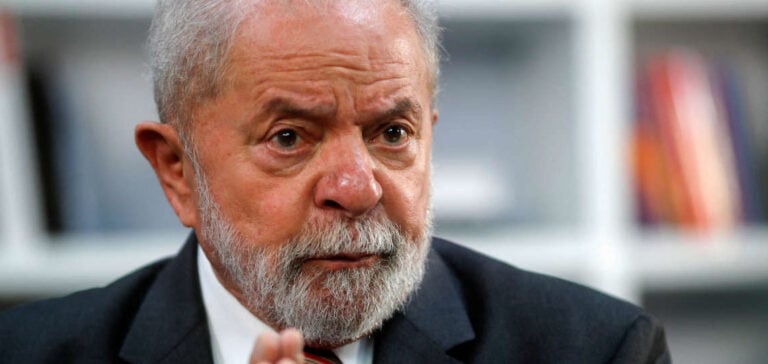Lula’s announcement at COP28 that Brazil will join OPEC+ next January is a diplomatic and strategic maneuver. Although this accession was preceded by some apprehension, Lula clarified that Brazil would adopt an observer role within the alliance. According to Lula, the aim is to influence the major oil-producing countries in their energy transition.
Brazil’s role in OPEC+.
As Latin America’s leading oil producer, Brazil recently recorded record production. Joining OPEC+, an organization that includes countries such as Russia and Saudi Arabia, positions Brazil in a key role for discussing future energy and climate policies. Jean-Paul Prates, Chairman of Petrobras, stressed that Brazil, while participating in the discussions, would not adhere to the organization’s production quotas.
Criticism and contradiction
However, this move provoked mixed reactions, particularly from the environmental movement. Greenpeace Brazil, for example, criticized the decision as contradictory to Brazil’s commitments to limit global warming. These criticisms highlight the challenges Brazil faces in reconciling its energy ambitions with its environmental commitments.
The stakes of COP28 for Brazil
Lula’s active participation in COP28 demonstrates his commitment to the fight against climate change, notably through significant measures to reduce deforestation in the Amazon. However, Petrobras’ oil exploration project near the Amazon has raised concerns, underlining the complexity of Brazil’s energy policy.
Brazil’s strategic position in the oil market
With its growing production and vast reserves, Brazil is positioning itself as a major player on the world oil market. Its membership of OPEC+ could enable it to play a more influential role in regulating world oil production, while pursuing its economic development objectives.
Brazil’s membership of OPEC+ represents an attempt to navigate the complicated waters of energy geopolitics while striving to meet its climate commitments. This approach highlights the challenges faced by developing countries in managing their natural resources, achieving economic growth and protecting the environment. Time will tell whether Brazil can successfully balance these often conflicting interests while playing a key role in the global energy transition.





















